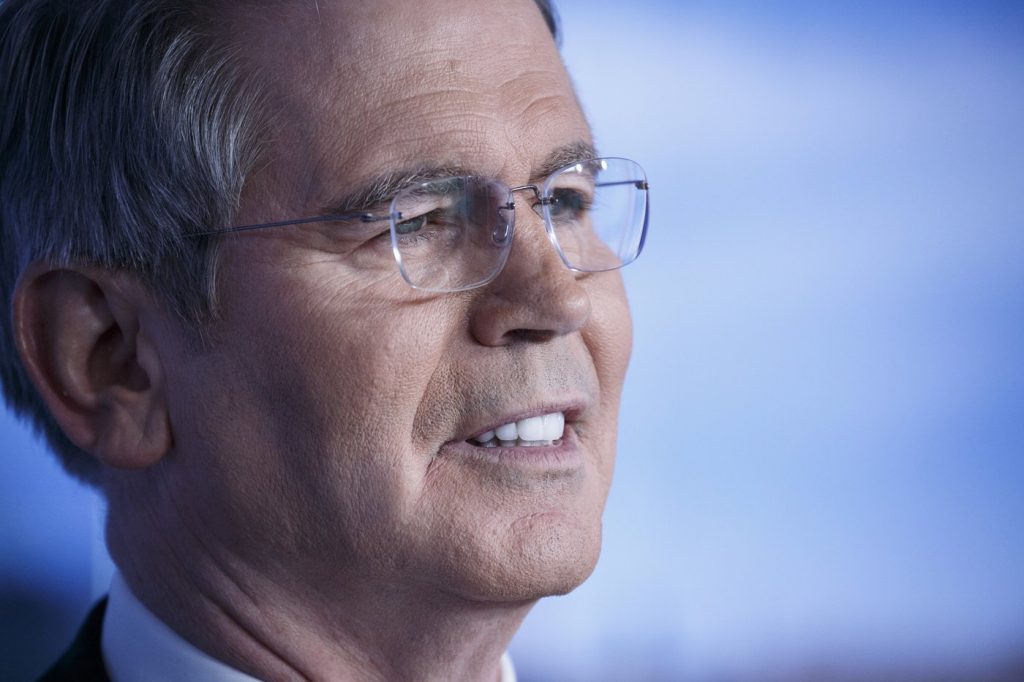WASHINGTON (AP) — On Thursday, the U.S. Department of Treasury took significant action by imposing sanctions on an extensive network comprising over a dozen individuals and entities. These sanctions are targeted at those accused of facilitating the export of millions of barrels of Iranian oil to China. The Treasury's Office of Foreign Assets Control has sanctioned a variety of players from different countries, specifically China, India, and the United Arab Emirates. This includes Iranian and Indian citizens, crew management firms, and a range of ships involved in these operations.
Treasury Secretary Scott Bessent stated in a news release that "The Iranian regime remains focused on leveraging its oil revenues to fund the development of its nuclear program, to produce its deadly ballistic missiles and unmanned aerial vehicles, and to support its regional terrorist proxy groups." His comments underscore the U.S. government's ongoing concerns regarding Iran's military ambitions and its potential threats to regional and global stability.
During his confirmation hearing, Bessent openly criticized the Biden administration's sanctions policies, advocating for a more aggressive approach. He called for a "muscular" sanctions regime that would extend to Iranian and Russian entities involved in oil trade, reflecting a shift in U.S. policy that emphasizes the need for tighter restrictions against perceived aggressors.
In a parallel statement on Thursday, State Department spokeswoman Tammy Bruce emphasized the U.S. government's commitment to countering Iran's destabilizing activities. She declared that the U.S. "will use all tools at our disposal to hold the regime accountable for its destabilizing activities and pursuit of nuclear weapons that threaten the civilized world." This declaration aligns with the broader U.S. strategy to curb Iranian influences and military capabilities, particularly in relation to its nuclear developments.
On Tuesday, President Donald Trump signed an executive order aimed at maximizing pressure on Tehran. During this event, he expressed a willingness to negotiate, saying, "We will see whether or not we can arrange or work out a deal with Iran." Despite this desire for dialogue, he effectively communicated a tough stance, asserting that "we don’t want to be tough on Iran... But they just can’t have a nuclear bomb." Trump’s comments emphasize the precarious balance the U.S. aims to strike between negotiating with Iran while simultaneously applying stringent measures to prevent it from advancing its nuclear capabilities.
Moreover, Trump added a provocative note by indicating that he had instructed his advisers to take severe retaliatory actions if Iran were to act against him personally, stating he would “obliterate Iran” if they attempted an assassination. Such remarks illustrate the heightened tensions between the U.S. and Iran and the personal stakes that leaders perceive in these geopolitical conflicts.
In light of these developments, Iranian officials reportedly indicate that they are awaiting a clearer signal from Trump regarding his willingness to negotiate the country’s advancing nuclear program. This situation continues to unfold amidst a backdrop of increasing sanctions and diplomatic maneuvering as both sides navigate a complex web of interests and threats.










